#tennesee williams
Photo
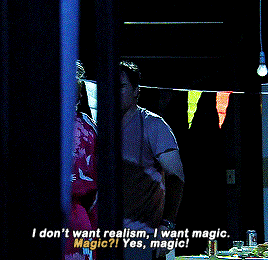
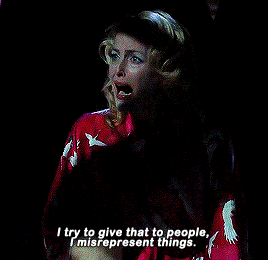
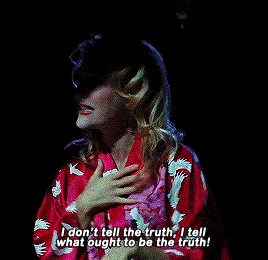

GILLIAN ANDERSON in A STREETCAR NAMED DESIRE (2014)
#*#streetcar#a streetcar named desire#blanche dubois#gillian anderson#gandersonedit#theateredit#tennesee williams#userbbelcher#m!lfsource#femaledaily#chewieblog#usercande#tusershay#userjean#userchelsea#userbru#useraffa#feeling really nostalgic!!#i can't believe it's almost been ten years#seeing this live is gen one of the best experiences of my life
791 notes
·
View notes
Photo
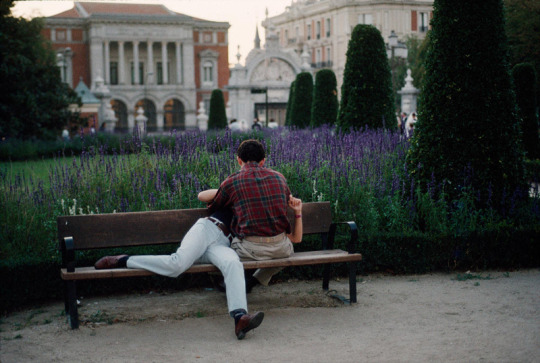
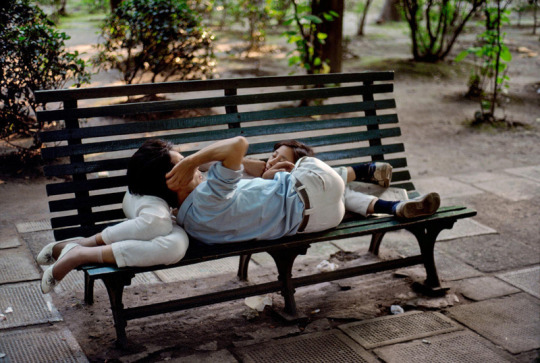


Steve McCurry | Imdad Barbhuyan | Tennessee Williams
#web weaving#web-weaving#webweaving#parallels#dark academia#classic academia#romantic academia#chaotic academia#light academia#cottage academia#steve mccurry#imdad barbhuyan#tennesee williams
3K notes
·
View notes
Note
Hello! If you'd like, can you please do a web weave about being scared of the pain and nostalgia that comes with a phase of your life ending and a new one beginning?



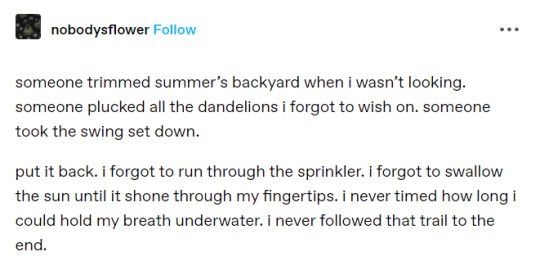


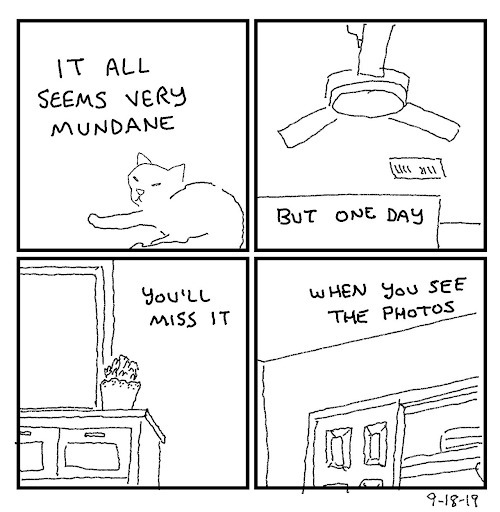





I suppose all you can really do is look forward.
Sorry for using Up the Wolves in another one of my webs. It will... probably happen again.
You Don't Have to Like Me: Essays on Growing Up, Speaking Out, and Finding Feminism, Alida Nugent | The Handmaid’s Tale, Margaret Atwood | The Little Prince, Antoine de Saint-Exupérry | @/nobodysflower | Miriam Adeney | The View Between Villages, Noah Kahan | @/shhhitsfine | The Milk Train Doesn't Stop Here Anymore, Tennessee Williams | The Painted Drum, Louise Erdrich | Up the Wolves, The Mountain Goats | And the Mountains Echoed, Khaled Hosseini | This Book Will Save Your Life: A Novel, A.M. Homes
[text transcription and image ID in alt text]
#webweaving#webweaving change#compilation#web weave#web weaving poetry#parallels#prose#requests#literature#on nostalgia#༺✿ web weaves by basil ✿༻#alida nugent#margaret atwood#antoine de saint exupéry#miriam adeney#tennesee williams#louise erdrich#khaled hosseini#a.m. homes
252 notes
·
View notes
Photo

Greta Garbo
Anna Christie (1930)
“I love Greta Garbo as a screen actress—as a star—but I also identify with her as a homosexual, as an invert, as a keeper of secrets. She blends beautifully both the male and the female; she is alone, for the most part, and appears to be strong, for the most part; she is loved and wanted, but never weakened by this attention and affection. I find her the ideal leading man in my films and in my fantasies, and I am unafraid to say that I wanted to be very much like Greta Garbo.”
— Tennessee Williams
When shown this passage, Marlon Brando replied:
“I feel quite the same way.”
1K notes
·
View notes
Text

68 notes
·
View notes
Text


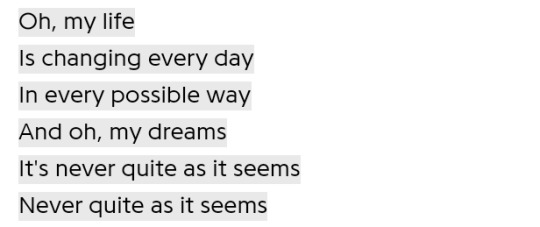
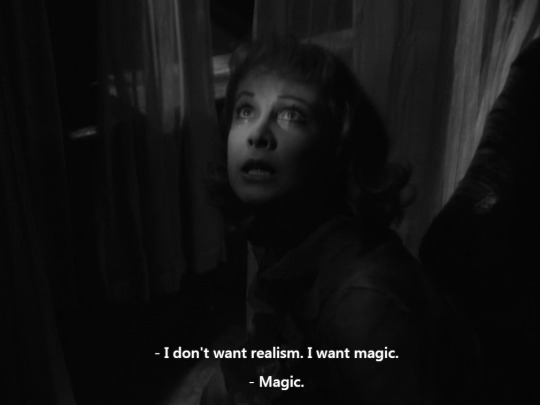

sofia coppola, the virgin suicides // clarice lispector, selected cronicas // the cranberries, dreams // elia kazan, a streetcar named desire // oscar wilde, salomé
#dreams#dissociation#daydreaming#derealization#girlhood#the virgin suicides#cecilia lisbon#clarice lispector#oscar wilde#salome#a streetcar named desire#tennesee williams#vivien leigh#the cranberries#dolores o'riordan#web weavings#girlblogging
72 notes
·
View notes
Text
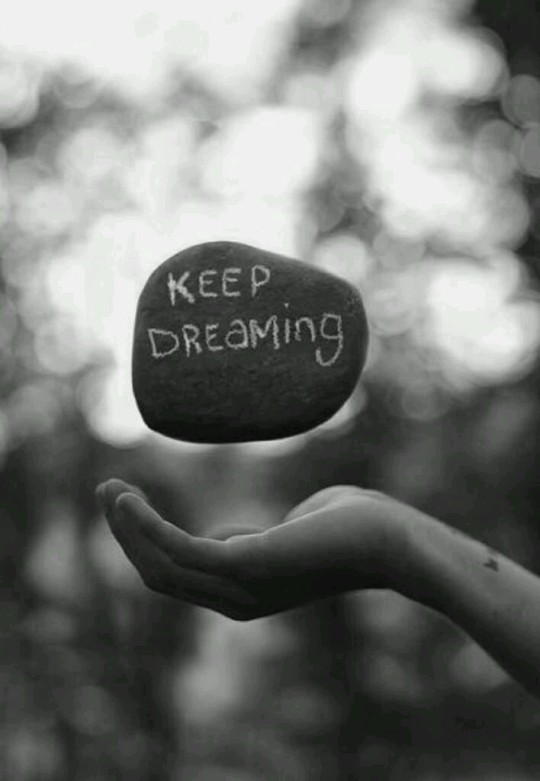
You said, " They’re harmless dreamers and they’re loved by the people. "
" What, " I asked you, " is harmless about a dreamer, and what, ' I asked you, " is harmless about the love of the people?
" Revolution only needs good dreamers
who remember their dreams. ”
― Tennessee Williams
192 notes
·
View notes
Text

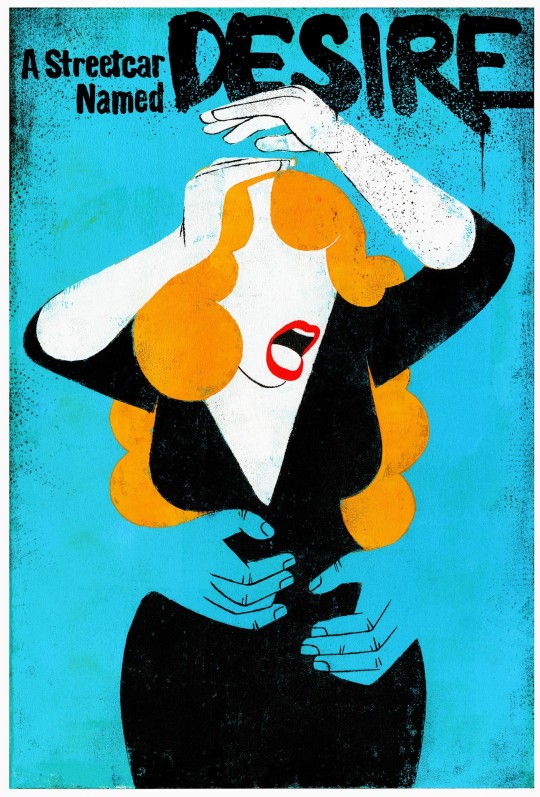

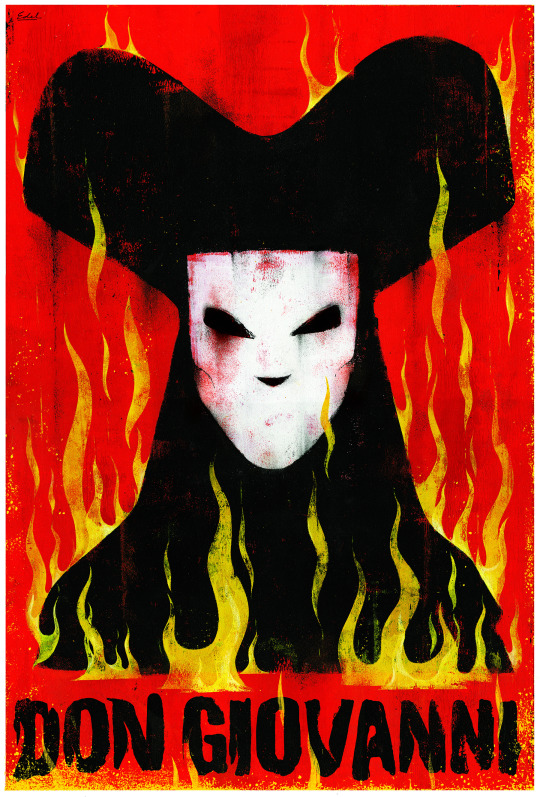
Opera posters by Cuban American artist Edel Rodriguez (b. 1971).
#theatre#opera#culture#mozart#verdi#tennesee williams#carmen#bizet#classical music#academia#artwork#fine art#edel rodriguez#music#painting#colors#poster#art#lit#graphic design#style#don giovanni#la traviata#🎭#a streetcar named desire#andre previn#🎶
100 notes
·
View notes
Text
“My only point, the only point that I'm making, is life has got to be allowed to continue even after the dream of life is--all--over....”
― Tennessee Williams, Cat on a Hot Tin Roof
14 notes
·
View notes
Photo

First look at Anjana Vasan, Lydia Wilson and Paul Mescal in Rebecca Fracknall's revival of A Streetcar Named Desire.
Almeida Theatre, London, 2022
128 notes
·
View notes
Text
the moment of realisation that your english assignment is essentially to write fanfiction LMAO
anywho if any of y'all are interested, here's my (unfinished/WIP) continuation of Tennessee Williams' "Cat on a Hot Tin Roof" 💀
(go easy on me, this is literally my first time playwriting lol)
#i literally made a playlist for this assignment lmfao#ash writes#writeblr#writers on tumblr#writing#writers#writers and poets#writerscommunity#poetsandwriters#cat on a hot tin roof#tennesee williams#maggie the cat
13 notes
·
View notes
Text

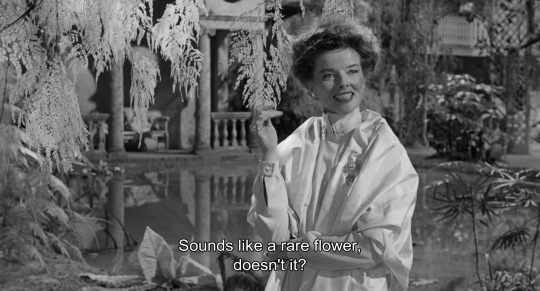
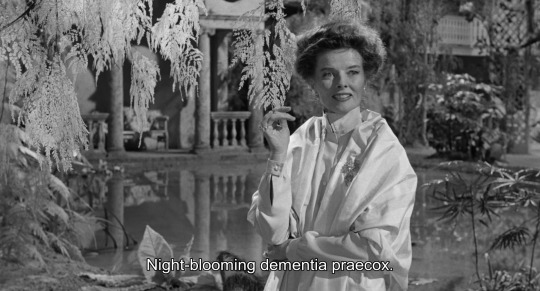

#old hollywood#films#film#movies#lol#katherine hepburn#suddenly last summer#black and white#Flower#exotic flower#rare flower#tennesee williams
7 notes
·
View notes
Text
Since I answered the ask about Anne Howard and had to think about her relationship with Gabriel, I also spent some time thinking about the other heterosexual couple in The Patriot. And something about the way Benjamin and Charlotte weirdly flirt reminded me of another couple, but I could not put my finger on which one until today.
Even though Cat on a Hot Tin Roof (1955) is my second favorite play by my second favorite American playwright, I haven't thought about it in years: a tragedy for which I am compensating now! It's set in the mid 20th C South, so prepare yourselves for some unhinged names. The story focuses on three unhappily married couples: Brick and Maggie, Goober and Mae, and Big Daddy and Big Mama, the parents of Brick and Goober (because what else could people who chose those names for their sons possibly be called?) The two young couples, and the numerous children Goober and Mae have together, have gathered at the family plantation on the Mississippi Delta to help break the news to Big Mama that her husband is dying of cancer (along with less noble motives we'll discuss later).
Inheritance of land and birth as a source of rejuvenation in the face of death are important themes in Cat as in The Patriot, but the comparison of the two highlights a third theme that is likely unintentional on Rodat/Emmerich's end: heterosexuality as industry.
Brick is the younger and favorite son, but he and Maggie have no children. It transpires over the course of the play's three acts that Goober has married Mae, a former beauty queen, and had all these children in an attempt to charm his father's affection away from Brick and inherit the estate. This plan is foiled at the end when Maggie triumphantly announces that she is carrying a child "sired by Brick out of Maggie the Cat." This line in which she compares her husband to a stud and herself to a broodmare was recalled to my mind by the "They come from good stock on their mother's/father's side" exchange between Benjamin and Charlotte. The baby in Charlotte's arms at the end of the film demonstrates that at least one of Benjamin's hopes and prayers for the new nation has come to fruition. There is new stock, even if the bloodlines are, uh . . . not so new. The baby Maggie promises carries the same hope for the future with one notable difference. It's based on a lie, and it's hardly the first one to appear in the play.
Brick is, in addition to being a former football star and an alcoholic, a deeply repressed gay man, one of the few to actually appear on stage in a Williams play. Usually, his gay characters are dead before the plays begin and yet among the most important characters in them, and this play has one of those, too! Brick's relationship with deceased fellow football player Skipper is the most important of his life and a source of deep resentment and jealousy in Maggie. When she confronted Skipper about his feelings for Brick, he attempted to prove her wrong by having sex with her, but failed. He also tried to get Brick to run away with him, but failed in that as well, and then he committed suicide: a typical cheery 1950's representation of gay life. Brick fares little better; the play ends with Maggie locking up his liquor supply to coerce him into sex so they can "make the lie true."
Cat is a scathing critique of the role lies play in heterosexual family life. Goober and Big Daddy do not love their wives any more than Brick does, instead seeing them only as a means to an end. Mae seems well-aware of this, but by God she has committed to winning away Maggie's fortune by out-breeding her, and she is going to see it through! Big Mama has performed her roles as the dutiful wife for so long she seems incapable of anything else. Big Daddy, at the end of his life, has decided to part way with "lies and mendacity," which in part means confessing to Brick how he came by his land, an inheritance not from his father but from another couple that could not have children . . . because they were both men. Perhaps he, like Brick, only married because he had something to prove.
Benjamin is already proven as a sire of seven children; why does he need to marry again? This is a question I ask each and every time I revisit, and the film fails to answer it in a way that has anything to do with Charlotte herself. When she reminds Ben that "I am not my sister," she is voicing everyone in the audience's thoughts out loud, and Ben's "I know" is not very reassuring. She seems to be in love with him from their very first scene: pinching her cheeks in the mirror when his arrival is announced, giggling like a schoolgirl when Ben's children jostle them into each other. He, on the other hand, only seems to think of her as a convenience. The only time he speaks her name are when he tells his children to go to her in the event of his death and when he delivers a voice over recap of the war's end framed as a letter addressed to her (and the children, of course). When she is not a destination for his children she is a womb provided to supply him with more!
It is hard to resist making a connection between these two stories about straight marriages brought to life by gay men, but Williams and the wives in Cat deserve better. After all, the tragedy is not simply that these men are trapped in loveless marriages but that the women are trapped with them. Maggie in particular is vastly richer and more nuanced character than Charlotte. But, if we consider who always manages to catch Benjamin's eye, who never fails to get a rise out of him, whose death brings about the end of Ben's engagement with the main plot of the story and his settling down with the mute props his wife and children have become . . . maybe Ben has something to prove after all.
#the patriot#cat on a hot tin roof#tennesee williams#roland emmerich#tragic gay men and their tragic wives#strategic reproduction#tbh maybe this is my favorite williams play!
16 notes
·
View notes
Text
The evolution of Ophelia Addams (3)
And here is actually my last post about Ophelia (for now - I know the prototype-Ophelia of Charles Addams appears in the 2019 animated movie but there isn’t really much to say about her there to make a whole post?). HOWEVER what there is enough to talk about to make a whole post is Ophelia’s appearance in the 90s movie. What? You say you never knew Ophelia was in the two classics live-action movie? You say you only thought she was in the 60s sitcom? Well get ready to REDISCOVER IT ALL!
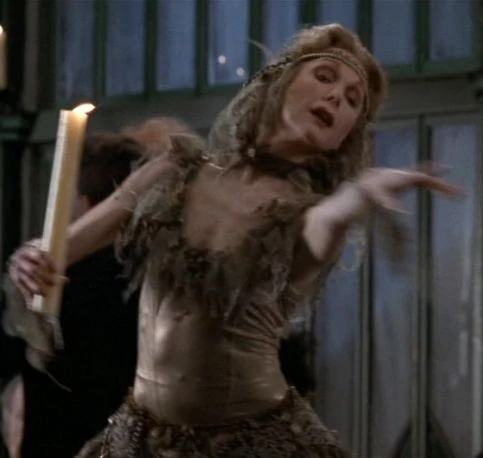
I present to you: Cousin Ophelia Addams. The picture above was taken from the 1991 “The Addams Family” movie. This character, as identified by the credits, is Cousin Ophelia Addams (not Frump, Addams), played by the ballet dancer Allegra Kent. You can actually see her during the grand Addams family reunion dancing alone with a candle in her hand (or rather dancing WITH a lit-up candle as her partner). She also appears during the Mamushka scene: she is part of the line-up of Addams women that play the tambourines.
You might think “Oh that’s just a little visual cameo...” WELL NO!
If you look at the script for the Addams Family movie (script which is nowadays available online, thanks Internet) you actually can find in there a full description of Ophelia AND small deleted dialogues she was supposed to have - before they were cut from the film. This precious behind-the-scenes and deleted content reveals to us that the movie-makers decided to go back to the original drawing of Charles Addams, and completely reinvent the sitcom character. Fully reusing the Shakespearian Ophelia reference, but by adding a modern American touch.
Here is how she was described: “COUSIN OPHELIA ADDAMS, who looks like a Tennessee Williams heroine who’s just been fished out of the Mississipi. Later, when Morticia entertains the guests, there was supposed to be a small exchange between her and Ophelia.
Her mind water-logged and bleary, Ophelia adresses Morticia with a spacy Thorazine smile.
OPHELIA: Where is Fester?
MORTICIA: Soon, Ophelia. Soon.
OPHELIA: Where am I?

And you might be even more surprised to learn that Ophelia Addams also appears in the sequel, the “Addams Family Values” movie!
However in it she is played by a different actress, Laura Esterman. Once more, in the movie itself she just makes a visual appearance without any actual line. She is part of the numerous guests for Fester’s wedding, and when Wednesday catches the bouquet, she is one of the two women siding her (alongside Aphasia). [In the picture above you can see Ophelia on the right, biting her nails upon seeing Wednesday caught the bouquet].
Once more the wonders of the Internet allow us to look into the shooting script for the movie. Here are unveiled MORE deleted scenes of the Cousin. Poor Ophelia seems to have her lines cut every time. Interestingly, originally Ophelia was intended to form a sort of comical duo alongside Countess Aphasia. Described as a “faded, demented Southern Belle”, Ophelia was supposed to have an exchange with Debby during the gift-shower.
MORTICIA: And this is Cousin Ophelia Addams, all the way from Memphis.
OPHELIA: Good afternoon, and congratulations. I was married once, you know. And for a time, I was so very happy.
DEBBY: And what happened?
OPHELIA (trying to recall, through a fog): I don’t know. (She looks around the room). Am I dead?
Later, at the wedding proper, she was also supposed to have this brief exchange with Aphasia.
ANGLE on Ophelia and Aphasia, among the guests. Ophelia dabs at her eyes with a lace hanky.
OPHELIA: I do love weddings. Have you ever been married?
APHASIA: Oh yes.
OPHELIA: In white?
APHASIA: In Berlin.
#the addams family#addams family#ophelia#ophelia frump#ophelia addams#movie#1991#1993#the addams family values#movies#deleted scenes#deleted content#shooting script#script#cousin#aphasia#tennesee williams
99 notes
·
View notes
Text



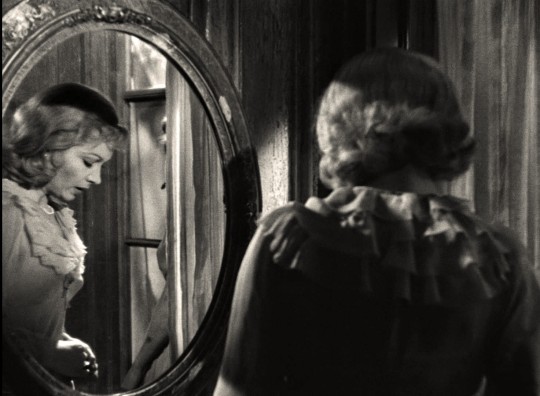
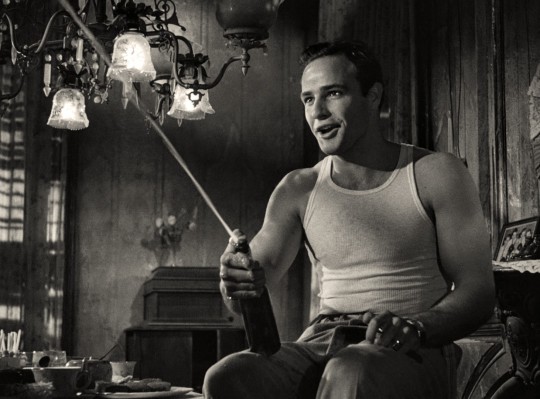

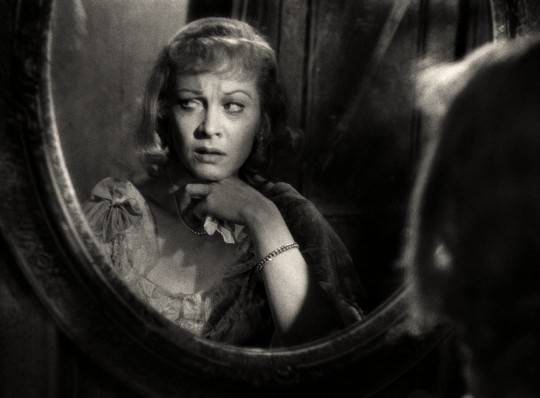



A Streetcar Named Desire (1951)
#gothic#hollywood#film#movies#elia kazan#director#vivien leigh#throwback#actor#retro#icons#culture#a streetcar named desire#cinema#marlon brando#1950s#drama#mental health#literature#tennesee williams#📚
214 notes
·
View notes
Text


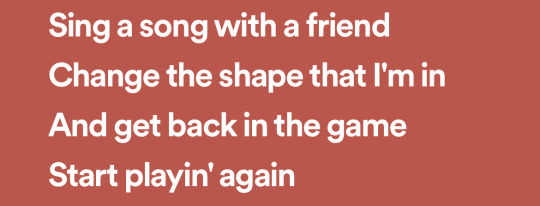




“The Two-Character Play” by Tennessee Williams // “Spring Awakening” by Steven Sater // “Clay Pigeons”, Michael Cera // “Whatsername”, Green Day // “The Goldfinch” by Donna Tartt // “A Little Life” by Hanya Yanagihara // “Halloween”, Phoebe Bridgers
#word webs#word web#word weaving#tennesee williams#the two-character play#spring awakening#moritz stiefel#frank wedekind#clay pigeons#michael cera#whatsername#green day#the goldfinch#donna tartt#a little life#jb marion#hanya yanagihara#punisher#phoebe bridgers
53 notes
·
View notes